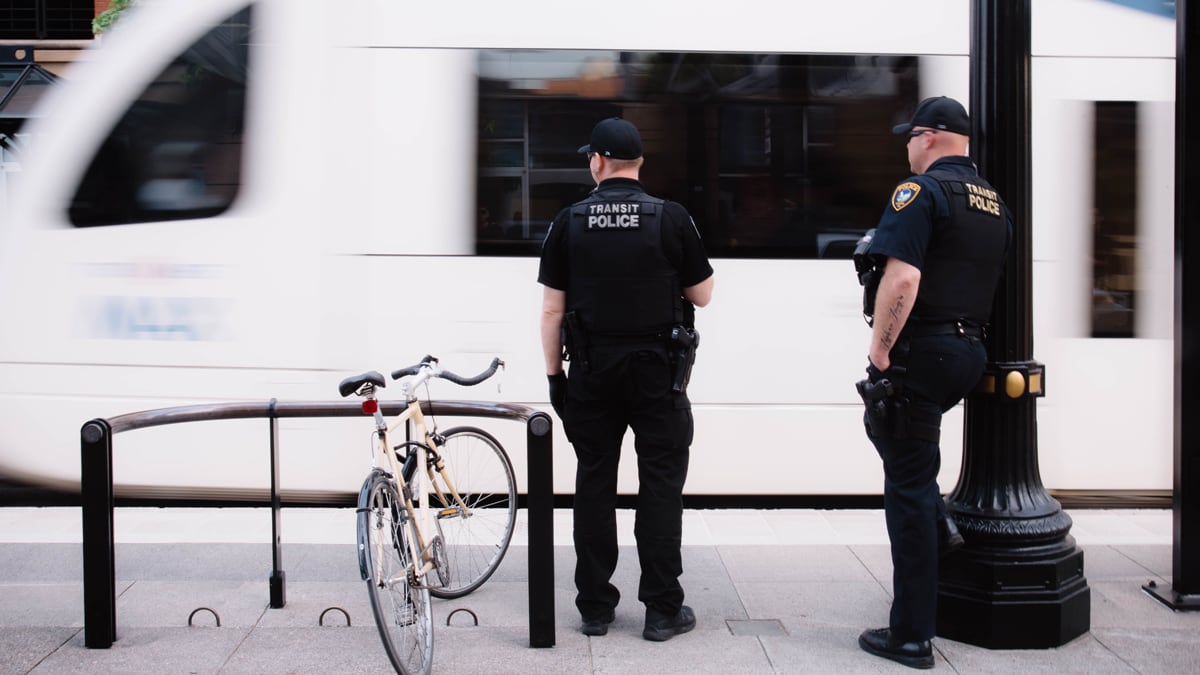A Multnomah County judge ruled Thursday that random stops to check fares for passengers exiting TriMet trains are unconstitutional in Oregon.
Judge John A. Wittmayer says that David Douglas School Board member Ana Del Rocío was illegally stopped and searched because the Portland police officer and TriMet official who stopped her had no reason to suspect that she had not paid her fare.
"Defendant was stopped and seized without individualized suspicion," Wittmayer wrote in his decision. "The seizure of defendant does not satisfy all the requirements of a valid administrative search."
The ruling was first reported by The Oregonian.
Del Rocío was stopped and asked to show that she'd paid her TriMet fare after exiting a train. A TriMet fare inspector said she watched Del Rocío pull out her phone and "activate" an e-ticket after exiting the train and was going to write a citation for failing to pay before the ride. But Del Rocío did not have her ID and was arrested by a Portland police officer after he tried and failed to confirm her identity.
TriMet's fare enforcement has long been controversial and the agency's board recently voted to reduce fines for fare violations. For a first offense of dodging the $2.50 fare, a person will be fined $75. That will increase for each offense until hitting a cap of $175. Some people will also be allowed to reduce the fine by serving community service or enrolling in the low income/honored citizen program.
The Sept. 20 ruling suggests that TriMet will no longer be able to randomly stop people and ask for proof that they've paid the $2.50 fare.
It's not immediately clear what effect the ruling will have on fare enforcement operations—the corrals set up outside MAX stations during Blazers and Timbers games to catch fare-dodgers. Those operations are wildly unpopular, but the transit agency has regularly used them to crack down on scofflaws.
A TriMet spokeswoman says the agency will continue to enforce fares.
"We are evaluating the judge's decision and determining next steps," says spokeswoman Roberta Altstadt. "Fares are still required on all TriMet vehicles and fare enforcement continues."
"What the court's decision strongly validates is what transit riders like myself have been voicing for years: despite best intentions, our fare enforcement system is severely broken, has caused great harm to innocent people, and must change immediately," Del Rocío said in a statement on the case. "Being wrongfully arrested, jailed, and prosecuted nearly broke me. No person should ever be made to feel confused or afraid by officers that are supposed to be keeping us safe. Our task now, long overdue, is to figure out a better, more humane and dignified way to treat our transit riders."
